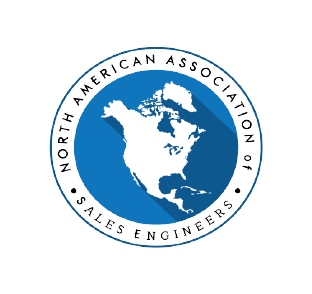North American Association of Sales Engineers
B2B / Tech Sales / Sales Engineering: Taking a Look from the Procurement Side

If you are in B2B within a SE or presales role, it is smart to consider what is happening on the “other side” of the table- the buyer/prospect’s procurement team. This has a significant affect on whether your company will make the sale. What are they looking at? What are they analyzing? Why would they buy a product/ SaaS from you instead of someone else or retain what they already have?
In considering these questions, I read a recent article from Edgeworth Box, titled Good Procurement Practices Massively Lower Costs:
https://www.edgeworthbox.com/good-procurement-practices-massively-lower-costs/
Their article has a few key points: “Internal discussions about procurement tend to focus on cost above all else. The procurement department exists to beat down suppliers and ensure that they get the best price or to enforce policies and procedures intended to curb waste, fraud, and abuse.
An interesting study from researchers at Yale University, Columbia University, and the University of California, Berkeley highlights two key contributing factors to higher costs in procurement: the capacity of the procurement department executing the purchase, and insufficient competition among bidders.”
They claim that a strong procurement team typically spends about 30% less on needed products and services than an average procurement team. In addition, “Understaffing of procurement talent means that states outsource work to expensive third-party consultants. Consultants may not be as motivated to drive an optimal outcome. This is also complicated by poor specification of the project or the need to change the project mid-stream. This is noteworthy given well-documented reductions in procurement workforces.”
There is a lot to consider here.
For one, most procurement departments are understaffed. Too few people doing too much. This is a big reason why B2B purchases and contracts can take FOREVER. But also, they are looking for anything to simplify their jobs and decisions. Thus, try to make it easier for them to select you.
On the Sales side, our job is to differentiate our product/ our software so that the prospect cannot truly compare our product to several competitors. We don’t want it to be all about price. In many cases we may not want there to be an “apples-to-apples” comparison.
However, that is exactly what the procurement team, or their 3rd party consultant, will be doing. They will compare the several considered products or software by features, other factors, and of course upfront and ongoing costs. Generally, the procurement department is not your “champion” at the company. They likely have never met you and there is no personal or direct relationship with you or the Account Executive.
The procurement department wants to select an option between several different bidders/vendors. They don’t want a unicorn. They cannot compare a unicorn to other similar companies. However, many companies pitch their product like it is a unicorn. “You can’t compare us to XYZ Company”, etc. We in Sales can say that, but we will be compared to XYZ Company. That is the reality.
Knowing what the other side values and will do is important in any B2B scenario. Know in detail how your product compares to others that are related or semi-related. And try to make the protocols and provisions easier for the procurement department when applicable.
They have a job to do, as do you. The goal is to align those jobs and outcomes as much as feasible and realistic.


